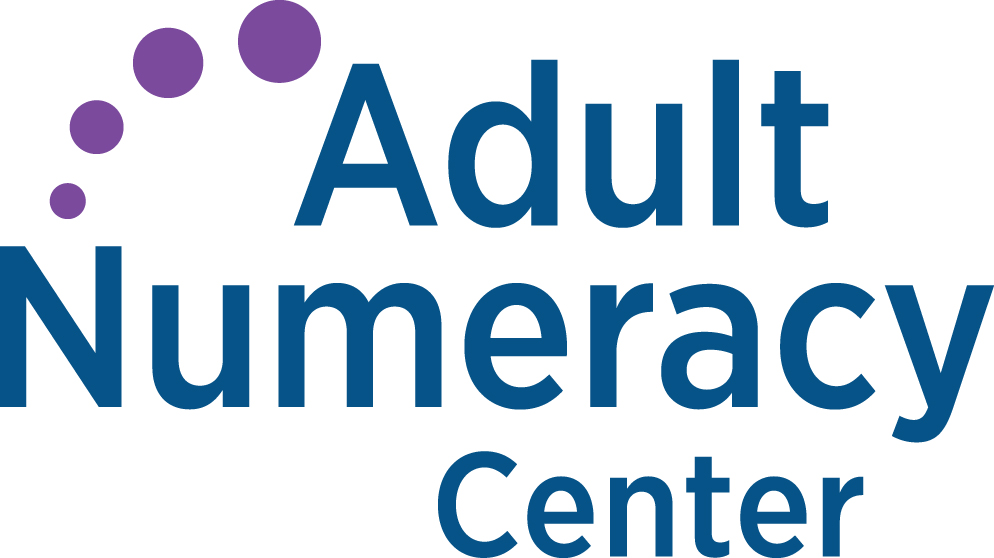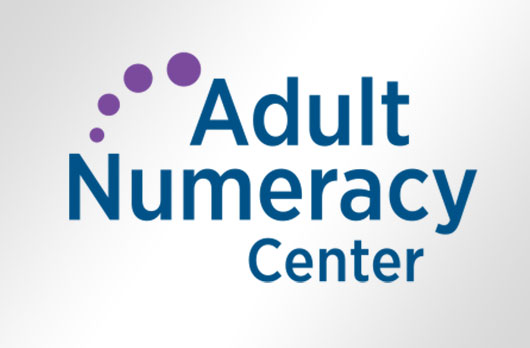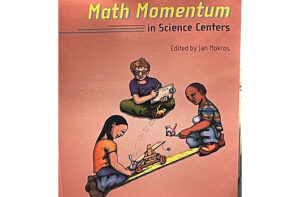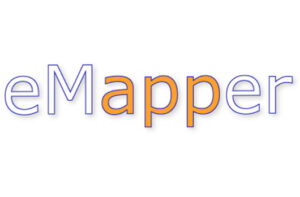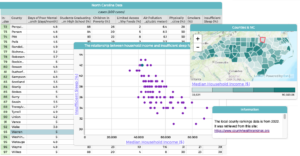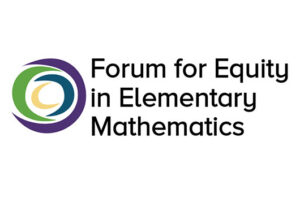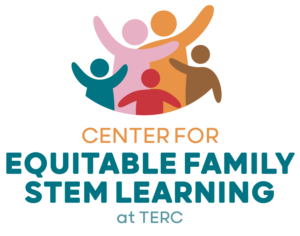Strategies That Support Learners with Disabilities, Differences, and Difficulties in the Mathematics Classroom
Donna Curry & Nicole MacNeil
TERC
Summary
Dyscalculia is the term associated with specific learning disabilities in math. Some common indicators include:
- difficulty with counting, learning number facts, and doing math calculations,
- difficulty with measurement, telling time, counting money, and estimating number quantities, and
- trouble with mental math and problem-solving strategies.
We suspect those characteristics describe the majority of students in our adult education programs. However, there is a good chance that they struggled with math NOT because of a specific learning issue such as dyscalculia, but because, for most of our adult learners, math was taught as a set of discrete skills to be memorized. If a student was adept at memorizing isolated facts and procedures, she could become “good” at math. So, while there may be some adult learners with specific learning disabilities related to math, we need to be cautious of labeling a student with a disability, especially if she has not previously been appropriately tested. Instead, we need to think of how to teach all our learners differently so that we can help them no matter how they’ve learned to approach math. We need to remember that all of our students CAN learn; it’s up to us as instructors to figure out how best to reach them.


